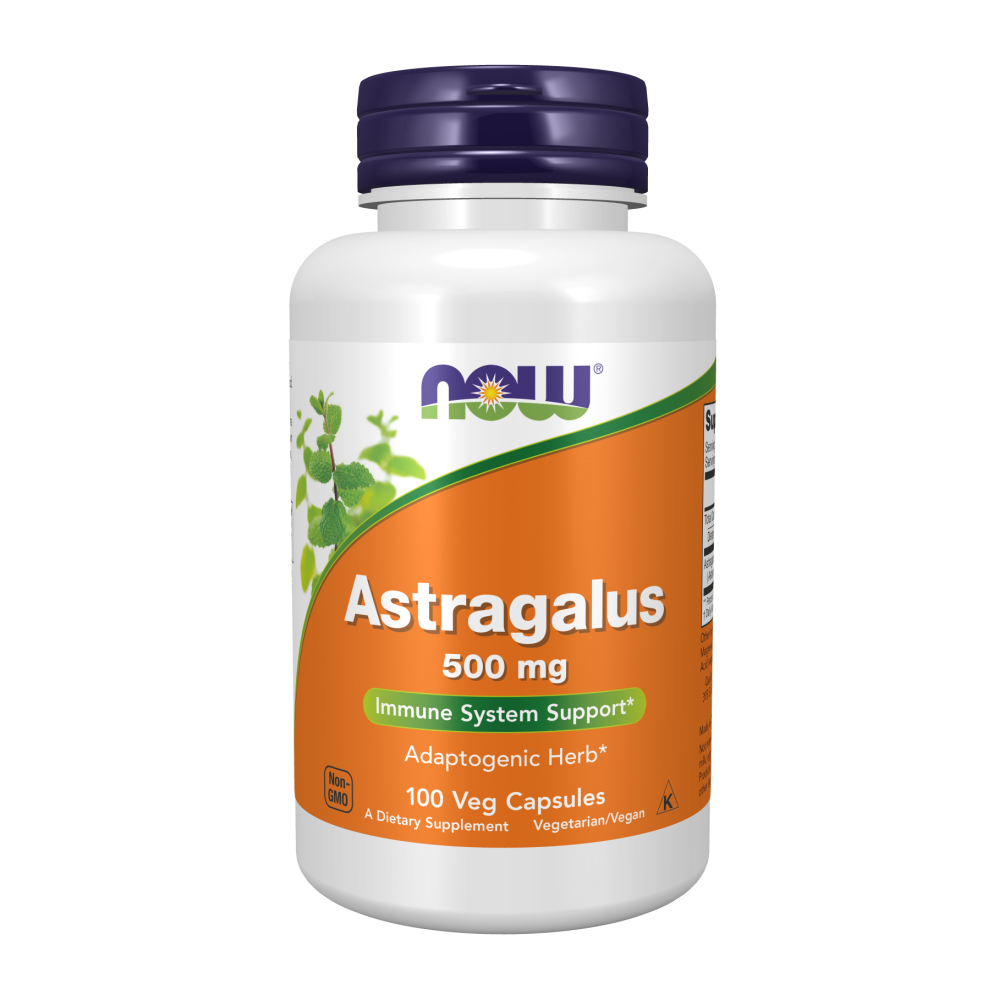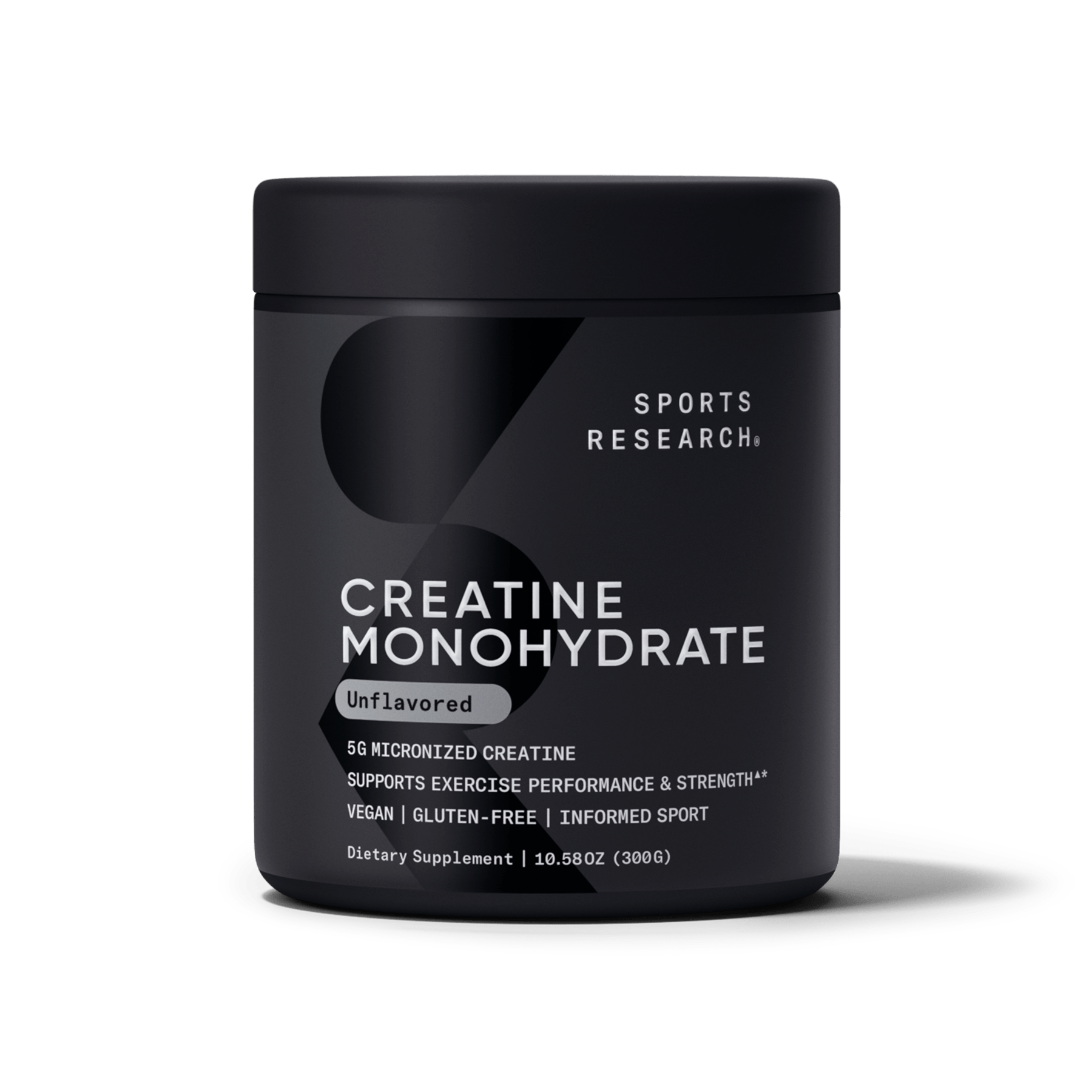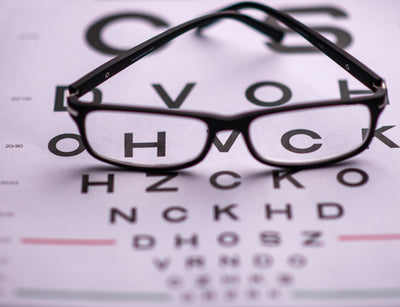
What comes to mind when you think of supporting your bone health? Most of us probably think of calcium or regular exercise. While these are important to maintaining and building strong bones, there’s a factor that bones rely on that is often overlooked —a healthy gut!
Keep reading to learn more about how the gut and bone health are connected and how you can support gut health and bone density!
WHAT IS THE GUT MICROBIOME?
Think of your gut microbiome like fertiliser for plants—it helps provide the body with essential nutrients. The body is full of trillions of microorganisms (microbes) in the form of bacteria and fungi. The largest amount exists in the small and large intestines, known as the gut microbiome. A healthy and balanced gut microbiome contains different types of bacteria and microorganisms that work together harmoniously. The diversity of the gut microbiome influences key bodily functions, especially within the immune system and digestive system.
A healthy gut breaks down food into smaller parts for your body to absorb the nutrients where they are most needed.
WHY IS BONE HEALTH IMPORTANT?
It’s never too early to start thinking about your bone health. Our bones are the body’s support system, protecting our organs and muscles, and allowing us to move. They also store calcium for when the body needs it, namely for the functioning of our circulation, nerves, and muscles.
Bone is a living tissue that changes over time and rebuilds itself. Old bone tissue is broken down and replaced with new bone tissue. This process helps to keep the bones dense and strong. Diet, physical activity, age, and family history, among other factors, affect bone health and density.
Furthermore, the body’s ability to build bone tissue naturally decreases with age, which can lead to weakened bone density. As a result, you might become more susceptible to fractures and breaks. That’s why it’s never too early to start prioritising your bone health in an effort to slow down bone mineral loss.
THE CONNECTION BETWEEN GUT HEALTH AND BONE HEALTH
Many of us are familiar with the gut-brain connection, but how much do you know about the link between the gut and our bones? Recent research has demonstrated that gut microbiota impacts the absorption of key minerals (mainly calcium and phosphorus) that make bones dense and strong.
The breakdown of complex carbohydrates in your large intestines creates short-chain fatty acids (SCFAs) that help protect bone mass by increasing the absorption of calcium and minerals that are good for your bones. They also support osteoblasts (cells that build bone) and help obstruct osteoclasts (cells that break down bone).
In this way, your gut health is an important consideration when it comes to supporting bone density.
5 WAYS TO SUPPORT YOUR GUT HEALTH AND BONE DENSITY
1. EXERCISE REGULARLY
Frequent physical activity and a healthy gut go hand in hand. Exercise helps improve digestion by producing bacteria that repairs gut lining and increasing blood flow to the muscles in the digestive system. Exercising is also important for building bones and slowing bone mineral loss.
EXERCISES FOR BONE HEALTH
Weight-bearing and resistance exercises are the best for rebuilding your bones because of how much tension and stress these activities put on them. Moving your body against gravity activates extra calcium deposits and pushes bone-forming cells into action. The result? Stronger bone density.
Some weight-bearing exercises include:
- Lifting weights
- Walking
- Running
- Dancing
- Playing sports
Always consult with your healthcare provider before beginning any exercise program.
2. EAT FIBER RICH FOODS
A diet rich in fiber promotes a healthy gut because fiber helps to feed friendly bacteria to the large intestine, and in turn this bacteria helps to produce short chain fatty acids.
FOODS RICH IN FIBER
- Beans
- Whole grains
- Apples
- Broccoli
- Avocados
Probiotics, prebiotics, and dietary supplements have been linked to healthy bones because they help deliver beneficial bacteria to your gut microbiome. Probiotics, in particular, have been shown to improve bone health.
3. EAT CALCIUM-RICH FOODS
Calcium is necessary for maintaining bone density and development, especially as you age. Because the body can’t produce its own calcium, it’s important to get enough from food. When we don’t get enough from food, calcium is supplied from our bones. If this happens too often, bones become more weak and brittle.14
CALCIUM-RICH FOOD SOURCES
- Dairy Products: milk, yogurt, cheese
- Leafy Green Vegetables: kale, spinach
- Canned fish with bones: sardines, salmon
- Calcium-Fortified cereals and orange juice
BONE HEALTH CALCIUM SUPPLEMENTS
Solgar® Magnesium Plus Zinc Tablets help to keep bones and teeth strong and healthy.* Each serving maintains proper nerve and muscle function to relieve occasional leg cramps.* And it helps maintain a healthy immune system and good general health.*
4. GET SUFFICIENT VITAMIN D
Vitamin D plays an important role in bone health because it helps the body absorb calcium, which keeps your bones strong and healthy. The sun is the body’s main source of vitamin D, so a lack of adequate sunlight is usually the main cause of a low vitamin D status. If you don’t get enough sun where you live, you can get support from a supplement.
BONE HEALTH VITAMIN D SUPPLEMENT
Solgar® Vitamin D3 (Cholecalciferol) 125 mcg (5,000 IU) Softgels maintain healthy bones and teeth, and also helps support a healthy immune system.*
5. MANAGE STRESS
Managing stress is a good idea for all aspects of your health, including your gut health. High levels of stress influence the body’s ability to properly digest food and is also associated with changes in gut bacteria.
Recognize when you’re stressed and develop healthy practices to help yourself cope.
TIPS FOR MANAGING STRESS
- Write down what you need to do each day
- Talk about your problems with someone you trust
- Practice mindfulness and meditation
THE BOTTOM LINE
Gut health is the gatekeeper of your bone health. Whether you are introducing regular exercise, eating more fiber and calcium-rich foods or taking a probiotic, every small step counts towards maintaining healthy and strong bones.
*These statements have not been evaluated by the Food and Drug Administration. These products are not intended to diagnose, treat, cure or prevent any disease.
KEY TAKEAWAYS:
- Gut microbiota impacts the absorption of calcium and phosphorus, the minerals that make bones dense and strong.
- Lifestyle choices involving exercise, diet, stress, and taking the right supplements can support both gut and bone health.





